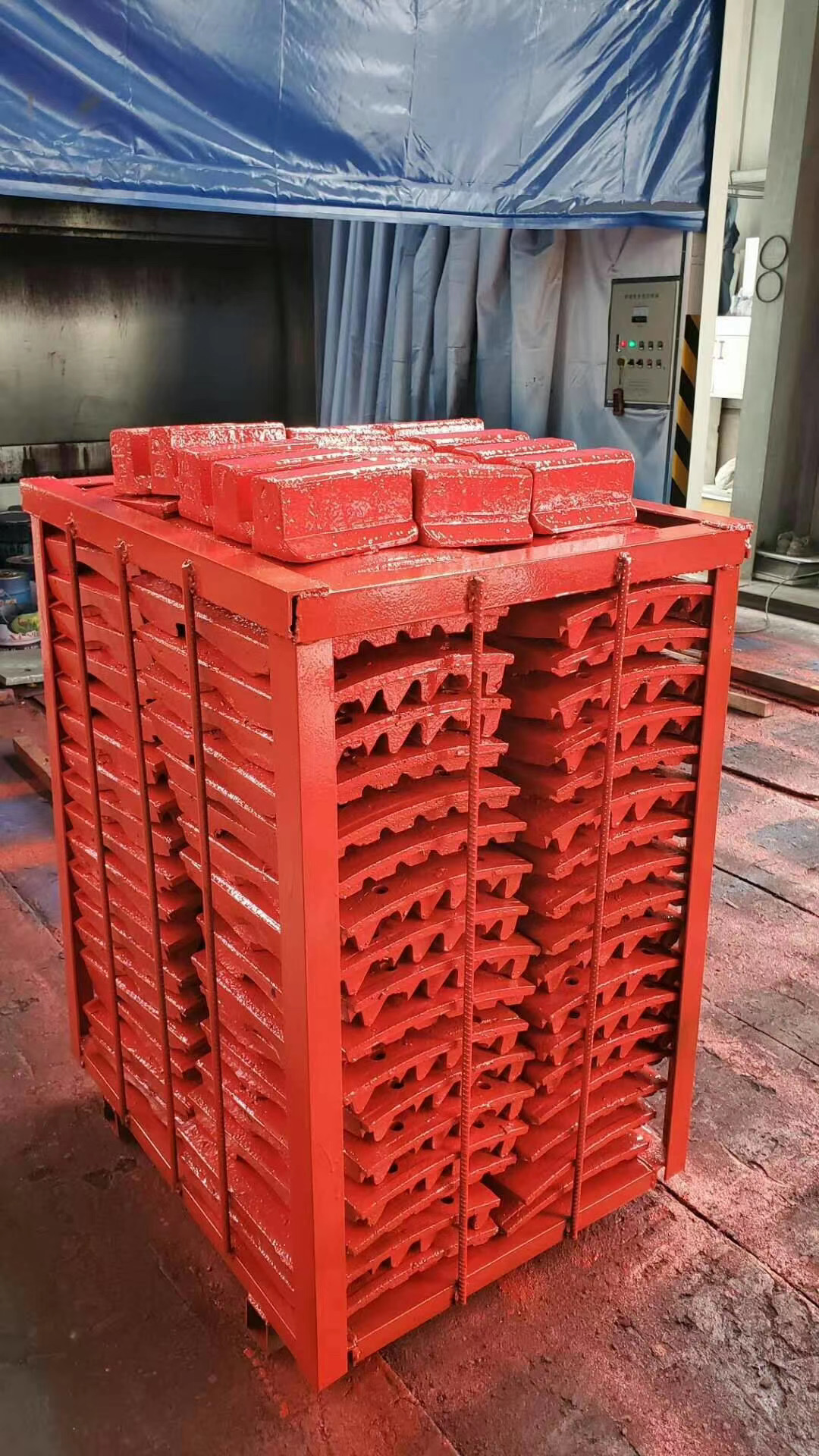




Cast iron plates have been a cornerstone of industrial manufacturing for centuries, offering unparalleled strength, durability, and versatility. As a critical material in various sectors, cast iron's unique properties make it indispensable for applications ranging from heavy machinery to intricate components. This article delves into the Cast Iron Plate offered by Hebei Mingda International Trading Company, exploring its technical specifications, advantages, and real-world applications. Additionally, we will examine the company's expertise and how it aligns with industry standards, supported by insights from the National Institute of Standards and Technology (NIST).
Cast iron is an iron-carbon alloy with a carbon content exceeding 2.11%, typically ranging between 2.5% and 4%. It is characterized by its high carbon and silicon content, along with impurities such as manganese, sulfur, and phosphorus. The material's properties are influenced by the form and morphology of carbon present in the alloy. According to NIST, the precise control of these elements is crucial for achieving desired mechanical and physical properties in industrial applications.
Cast iron can be categorized into several types based on the form of carbon:
Furthermore, cast iron is classified by graphite morphology:
These classifications highlight the versatility of cast iron, enabling manufacturers to tailor materials to specific industrial needs. Hebei Mingda International Trading Company specializes in producing cast iron plates that meet the demands of diverse applications, as detailed below.
The Cast Iron Plate from Hebei Mingda International Trading Company is engineered for precision and reliability. Key features include:
Hebei Mingda's expertise in CNC precision machining ensures that their cast iron plates meet stringent quality standards. The company's capabilities include:
These advantages position Hebei Mingda as a reliable partner for industries requiring high-quality cast iron solutions.
| Parameter | Specification |
|---|---|
| Material | Cast Iron (Ductile, Gray, or White) |
| Carbon Content | 2.5% - 4% |
| Hardness | Varies by type (e.g., 150-300 HB for gray cast iron) |
| Dimension Range | 1mm - 300mm |
| Surface Finish | Customizable (e.g., machined, polished, or coated) |
| Applications | Valves, Hydrants, Pumps, Railway Components |
Cast iron plates are integral to numerous industries due to their robustness and adaptability. Hebei Mingda's products are widely used in:
According to NIST, the standardization of material properties is essential for ensuring the reliability of industrial components. Hebei Mingda's adherence to precision manufacturing aligns with these principles, as noted in their production processes.
Hebei Mingda International Trading Company, established in 2008, has over 16 years of experience in casting and machining. The company specializes in producing castings, forgings, and machined parts for both domestic and international markets. Their capabilities include:
Hebei Mingda's commitment to quality is evident in their focus on surface finish and material integrity. As stated in their company introduction, "We have been trying our best to provide our customers with better quality castings by improving production crafts and more careful quality control."
The role of NIST in advancing industrial standards cannot be overstated. As the National Metrology Institute of the United States, NIST develops measurement standards that underpin technological innovation. For materials like cast iron, NIST's research into alloy composition and mechanical properties ensures consistency and reliability in manufacturing.
For instance, NIST's work on material characterization provides guidelines for optimizing the performance of cast iron in various applications. Hebei Mingda's adherence to precision machining and quality control reflects a commitment to these standards, as highlighted in their production practices.
The Cast Iron Plate from Hebei Mingda International Trading Company exemplifies the synergy between traditional materials and modern manufacturing techniques. With its robust properties, customizable specifications, and wide-ranging applications, cast iron remains a vital component in industrial engineering. By leveraging advanced CNC machining and rigorous quality control, Hebei Mingda ensures that their products meet the highest standards of performance and reliability.
As industries continue to evolve, the demand for precision-engineered materials like cast iron plates will only grow. Hebei Mingda's expertise and dedication to innovation position it as a trusted partner for manufacturers seeking durable, cost-effective solutions.

National Institute of Standards and Technology (NIST). (n.d.). Retrieved from https://www.nist.gov/